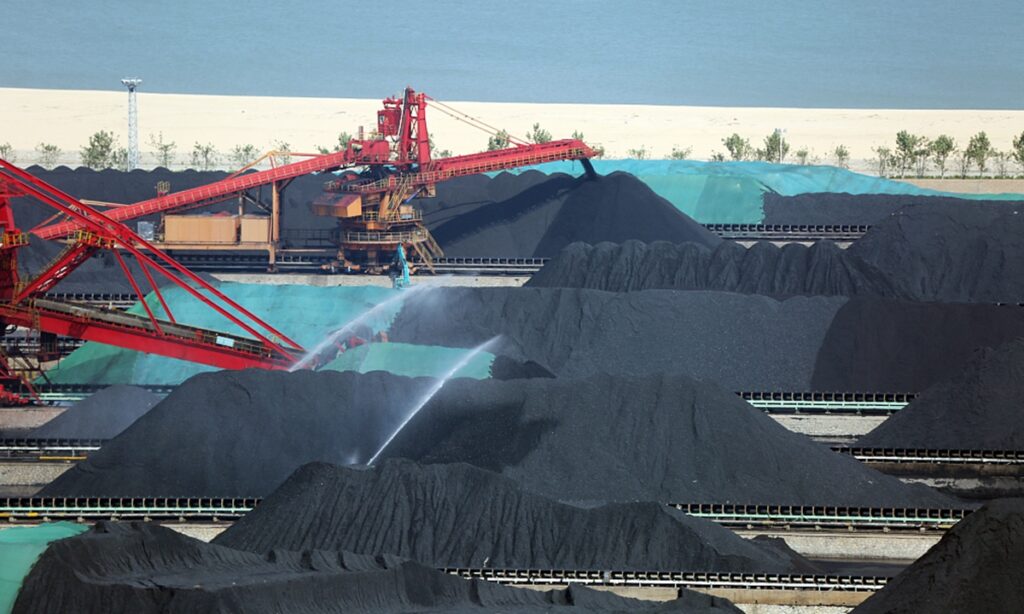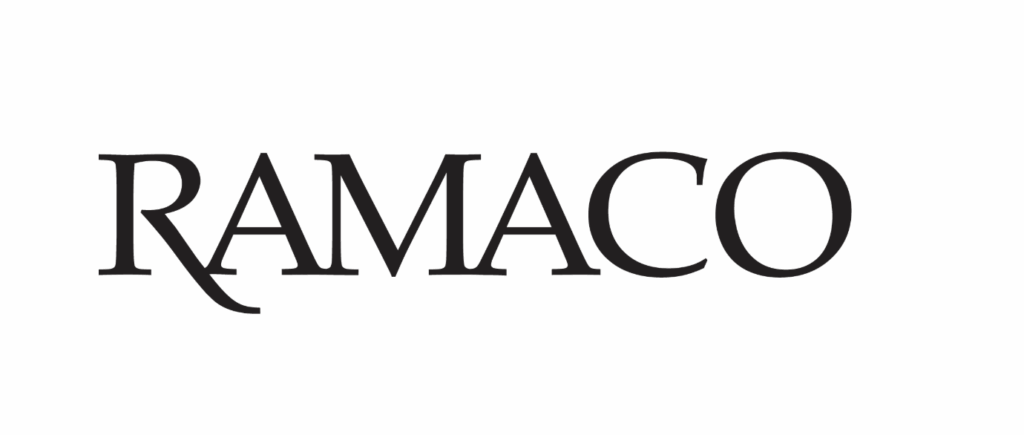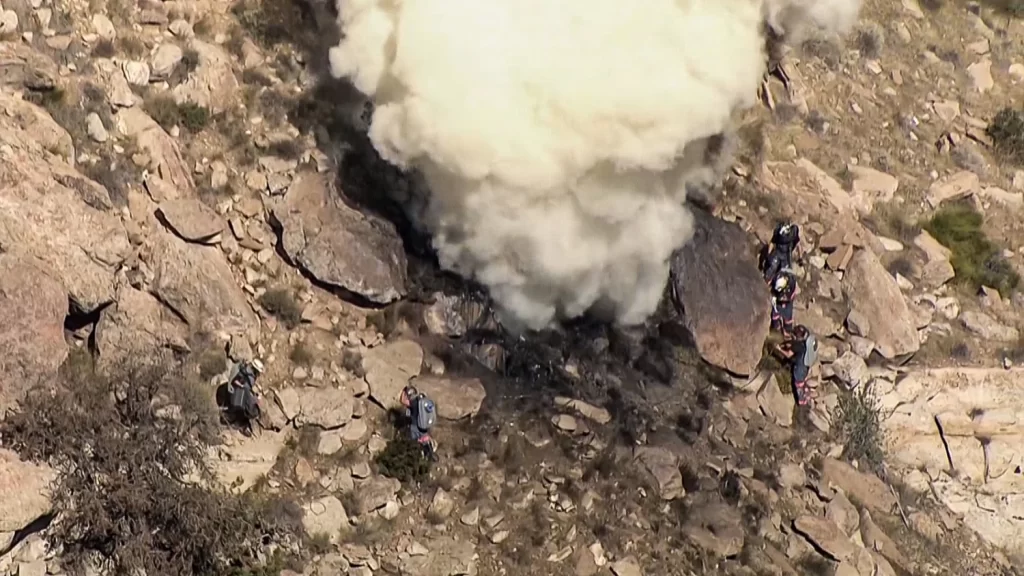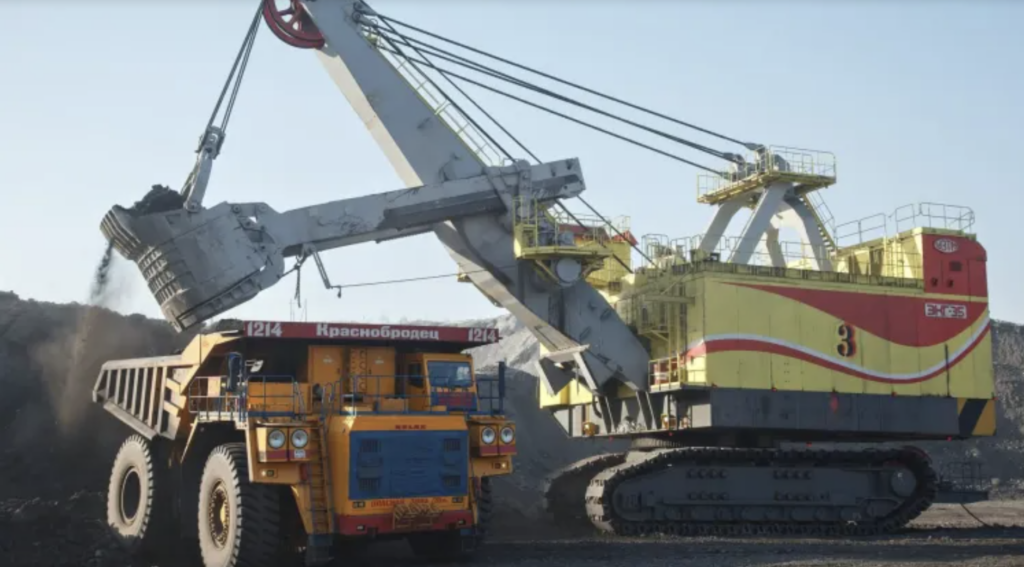In China’s major coal-producing regions, an accumulation of coking coal inventories is signaling broader market shifts, as miners grapple with reduced sales due to diminished demand from coking plants and traders. The reluctance of coking plants to purchase beyond immediate needs, alongside traders waiting for clearer market signals, has contributed to a growing stockpile at mines, affecting industry dynamics significantly.
The situation is largely influenced by steel mills, which are actively seeking price reductions from coke producers to counteract their own profitability challenges amid falling steel prices and a seasonal market downturn. This pressure has forced coke firms to accept a 50-55 yuan per ton reduction in coke prices, eroding their profit margins and making them hesitant to engage in further purchases of high-priced coking coal. A Shanxi-based coke producer expressed concerns about the industry’s sustainability, noting, “We have coking coal stocks available for roughly one-week usage and will dive headfirst into losses from the current 40 yuan per ton margins when the second price decline fully materializes.”
According to Sxcoal’s latest weekly survey, raw coking coal inventories at 227 mines across 88 enterprises have risen by 9.63% week-on-week to 2.36 million tonnes, with a similar 9.70% increase in washed coal stocks to 1.63 million tonnes. These inventory increases, primarily in Hebei and Shandong provinces, reflect a broader sentiment downturn within the coking coal market. In response, some miners in Shanxi and Shaanxi have reduced their spot offers by 30-50 yuan per ton.
The market’s mood is further evidenced by the fact that about 31% of the surveyed coking coal companies reported price drops in the week ending June 13, a significant increase from the previous week’s 12.5%. Additionally, some miners have scaled back production for maintenance, leading to a slight 0.30% dip in overall coal output.
However, contrasting the spot market’s challenges, coking coal futures have seen an uptick, attributed to expectations of overseas interest rate cuts, increased pig iron output, and favorable valuation adjustments. On June 14, the most-traded coking coal futures for September delivery on the Dalian Commodity Exchange closed at 1,658.0 yuan per ton, marking a 2.41% increase from the previous day.
In the international arena, trading activity in the seaborne coking coal market has been subdued, with stable high prices for Australian and Russian coal. Notably, Australian premium hard coking coal traded at $254 per ton FOB, buoyed by anticipated demand from India post-general elections. Meanwhile, spot offers for Russian and Indonesian coal at northern China ports have remained steady, highlighting the global interdependencies of the coking coal market.









